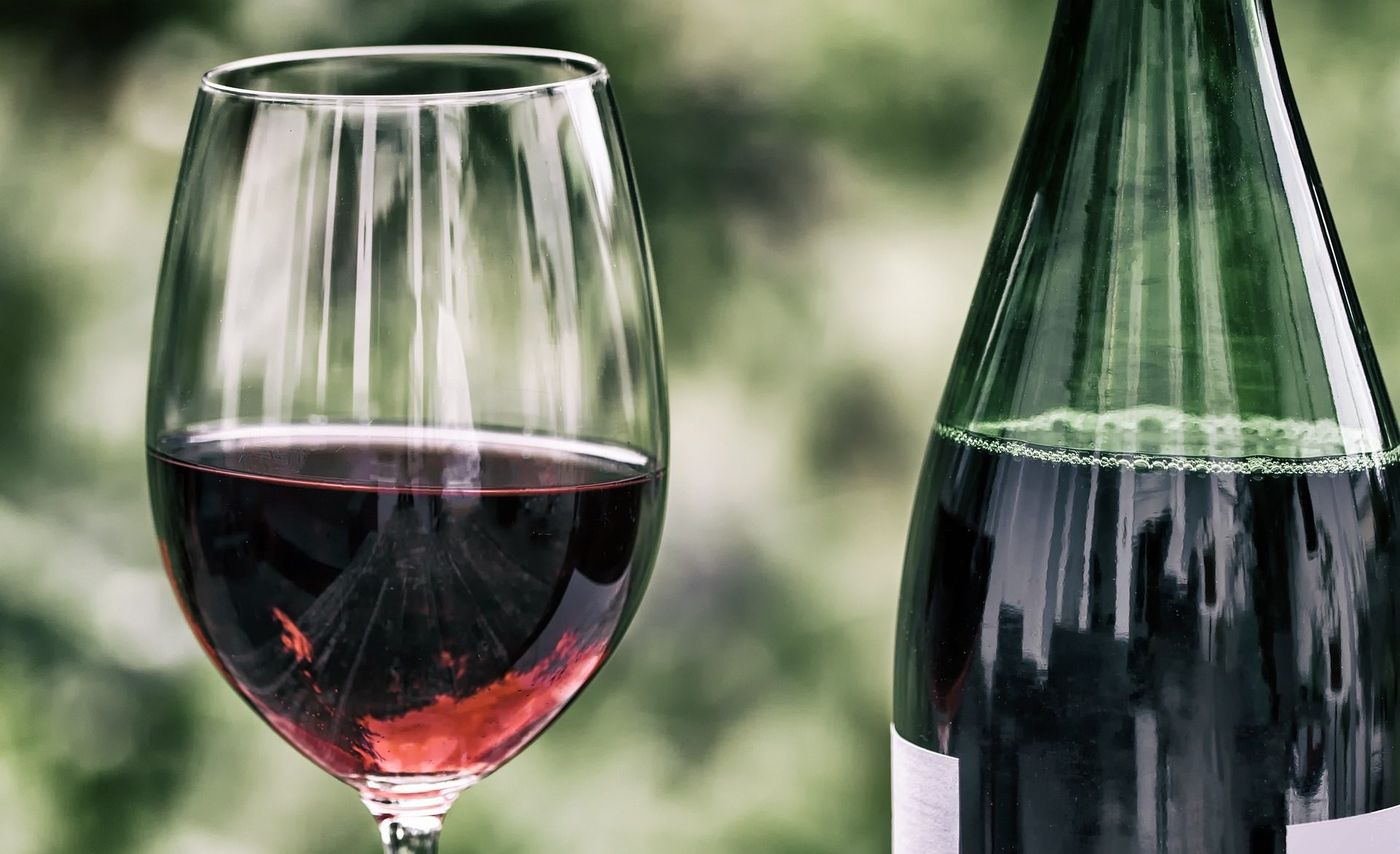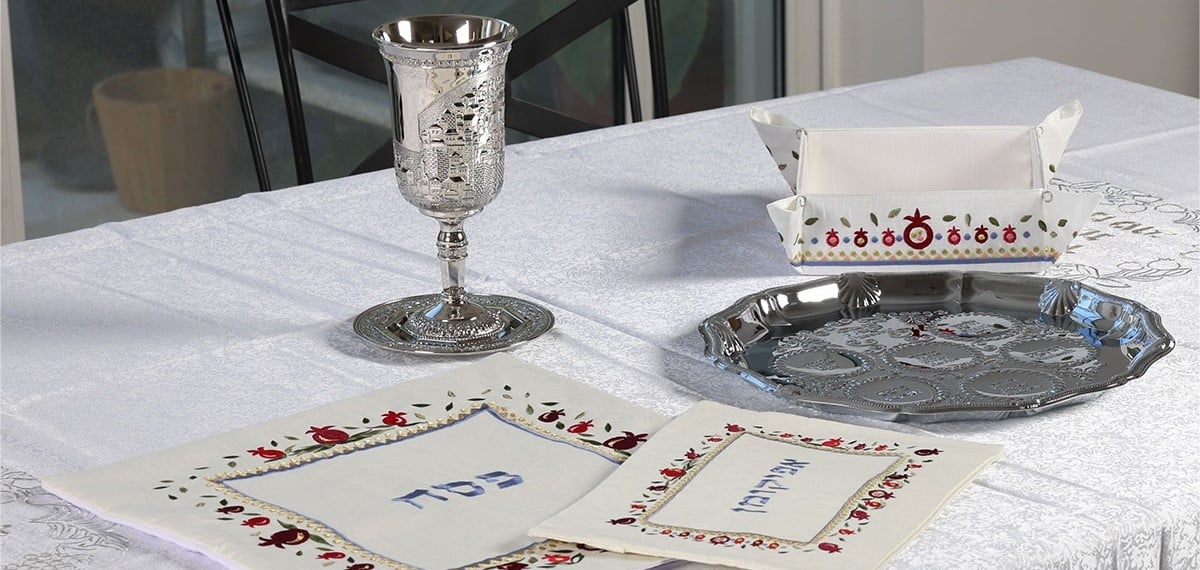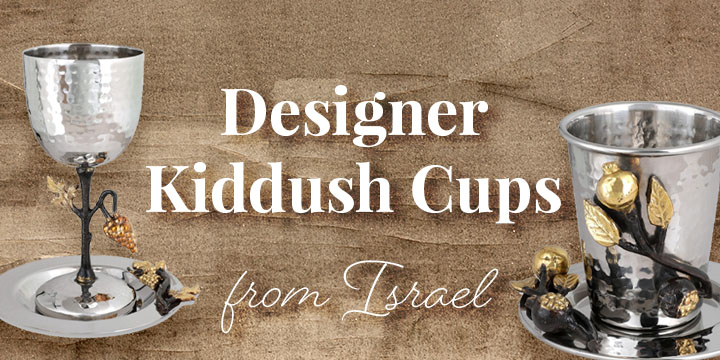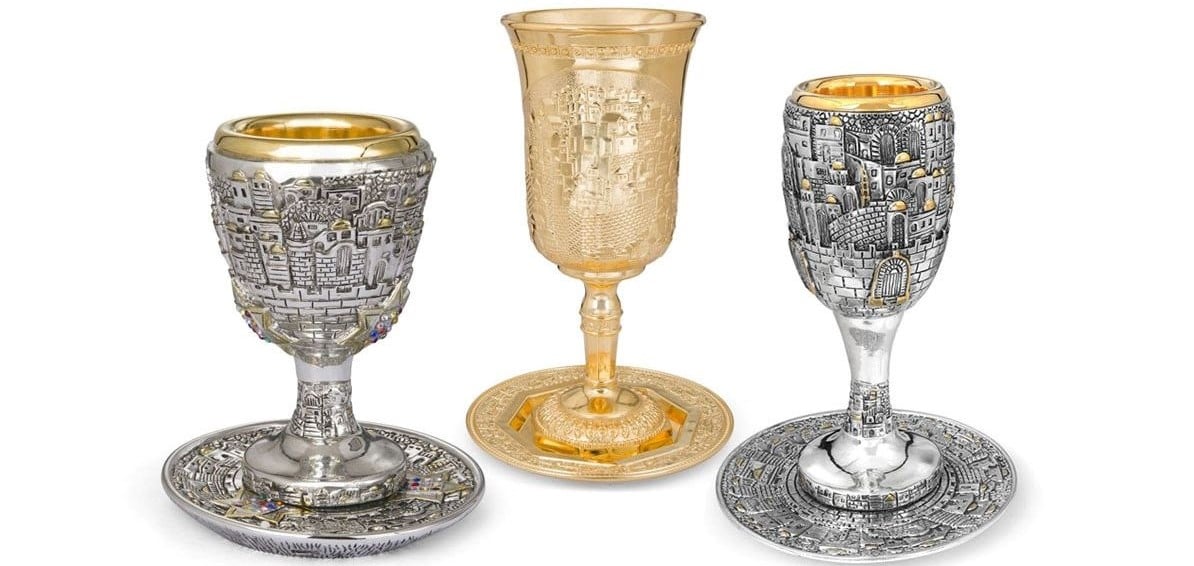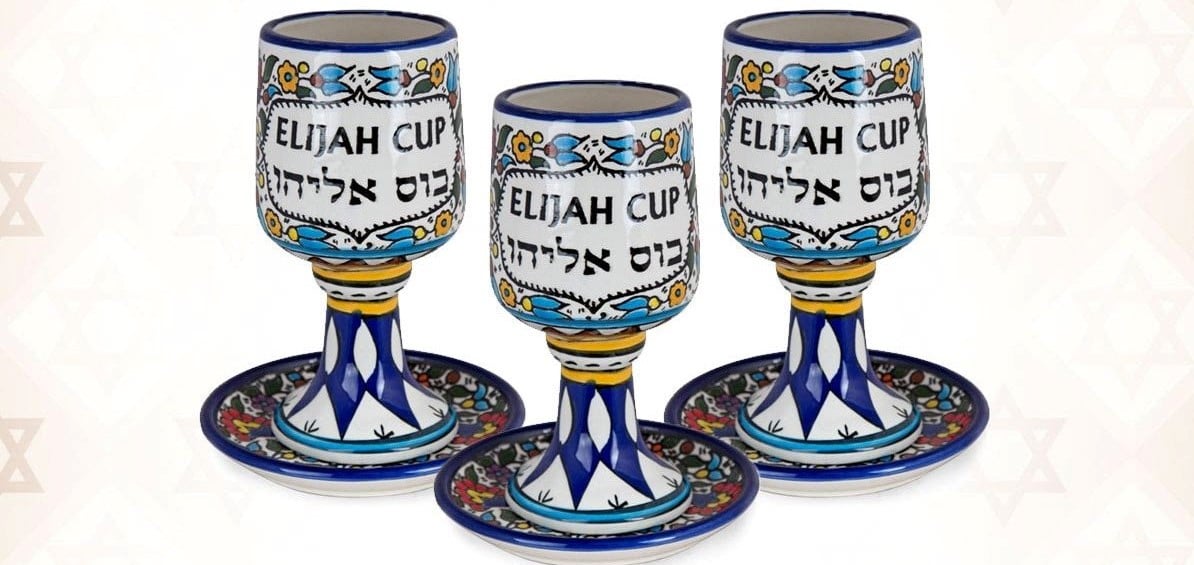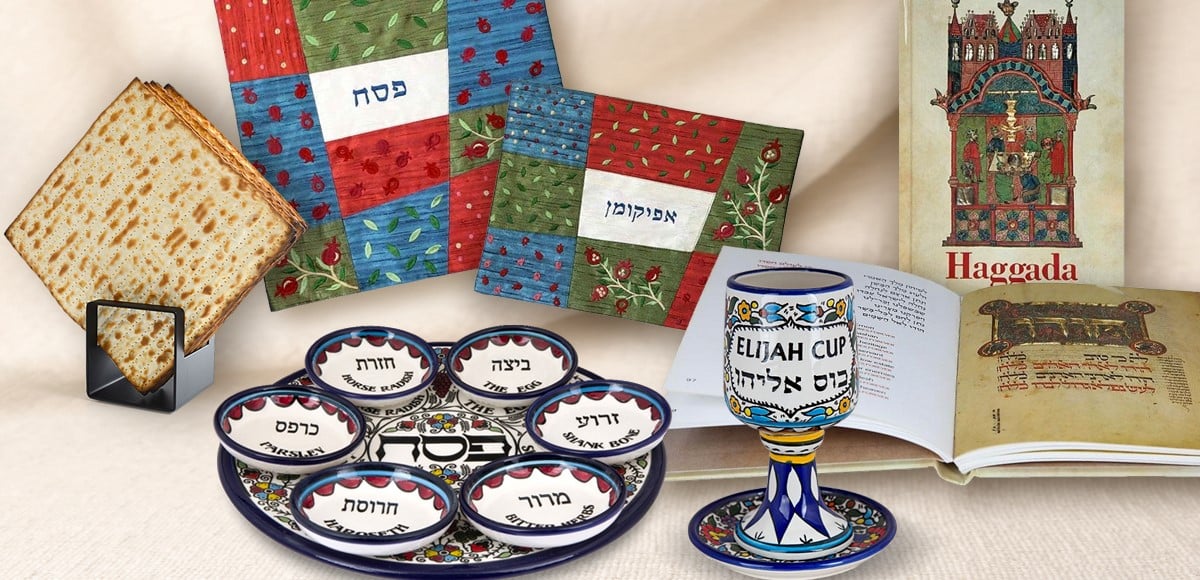Every part of the Haggadah is purposeful, and the four cups of Passover, typically filled with wine or grape juice, in turn correspond with the four expressions of redemption mentioned in the Book of Exodus, where the Passover story is detailed. There are four promises G-d makes to the Israelites in Exodus 6:6-7
- “I will take you out…”
- “I will rescue you…”
- “I will redeem you…”
- “I will take you as a nation…”
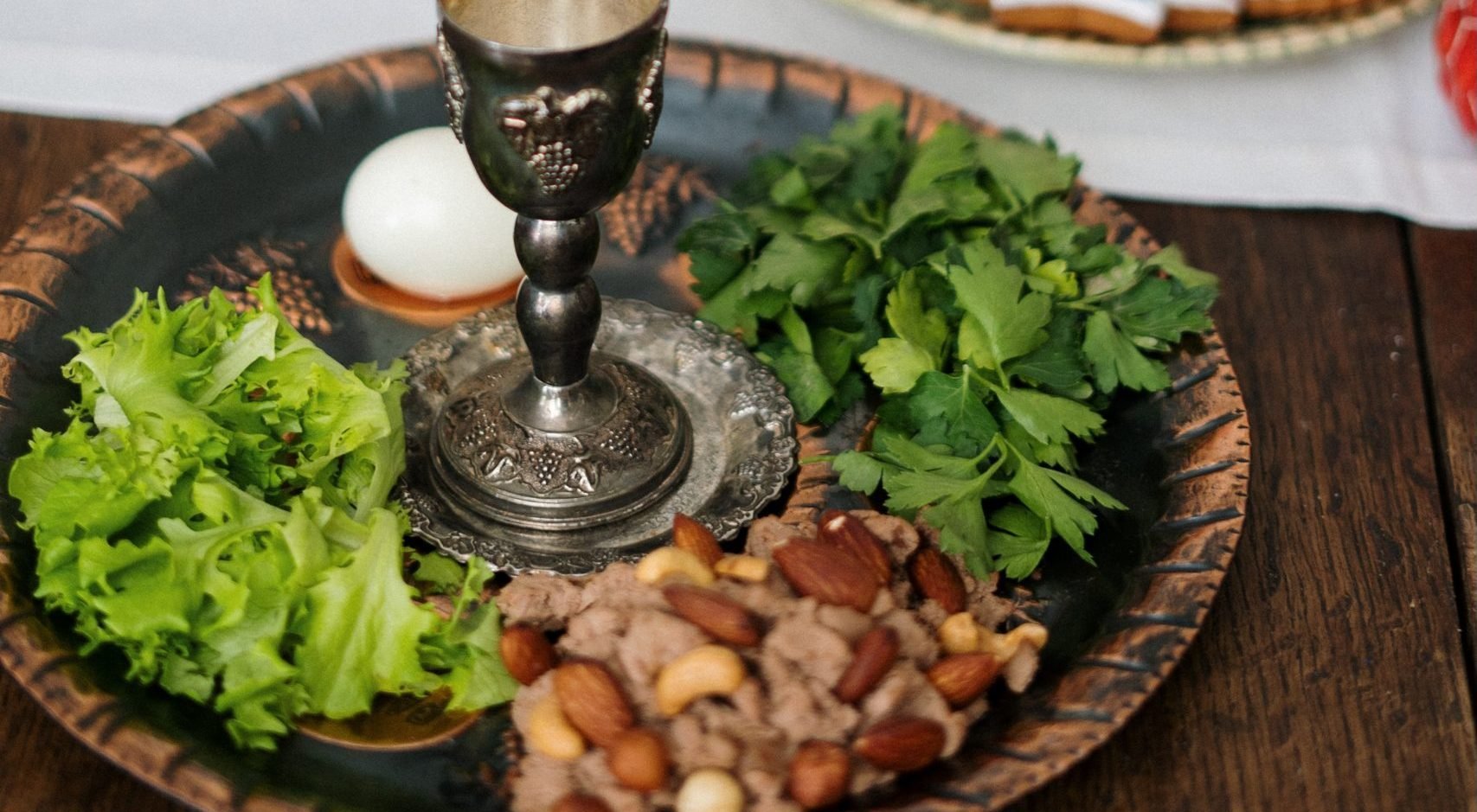
Each part of the statement represents a greater level of redemption that builds off of the previous, remembered through each cup of wine over the Seder and their different blessings. Knowing what they represent gives context to each section of the Haggadah they fall into.
Time to explore the meaning of the four cups for Passover!
Table of Contents
